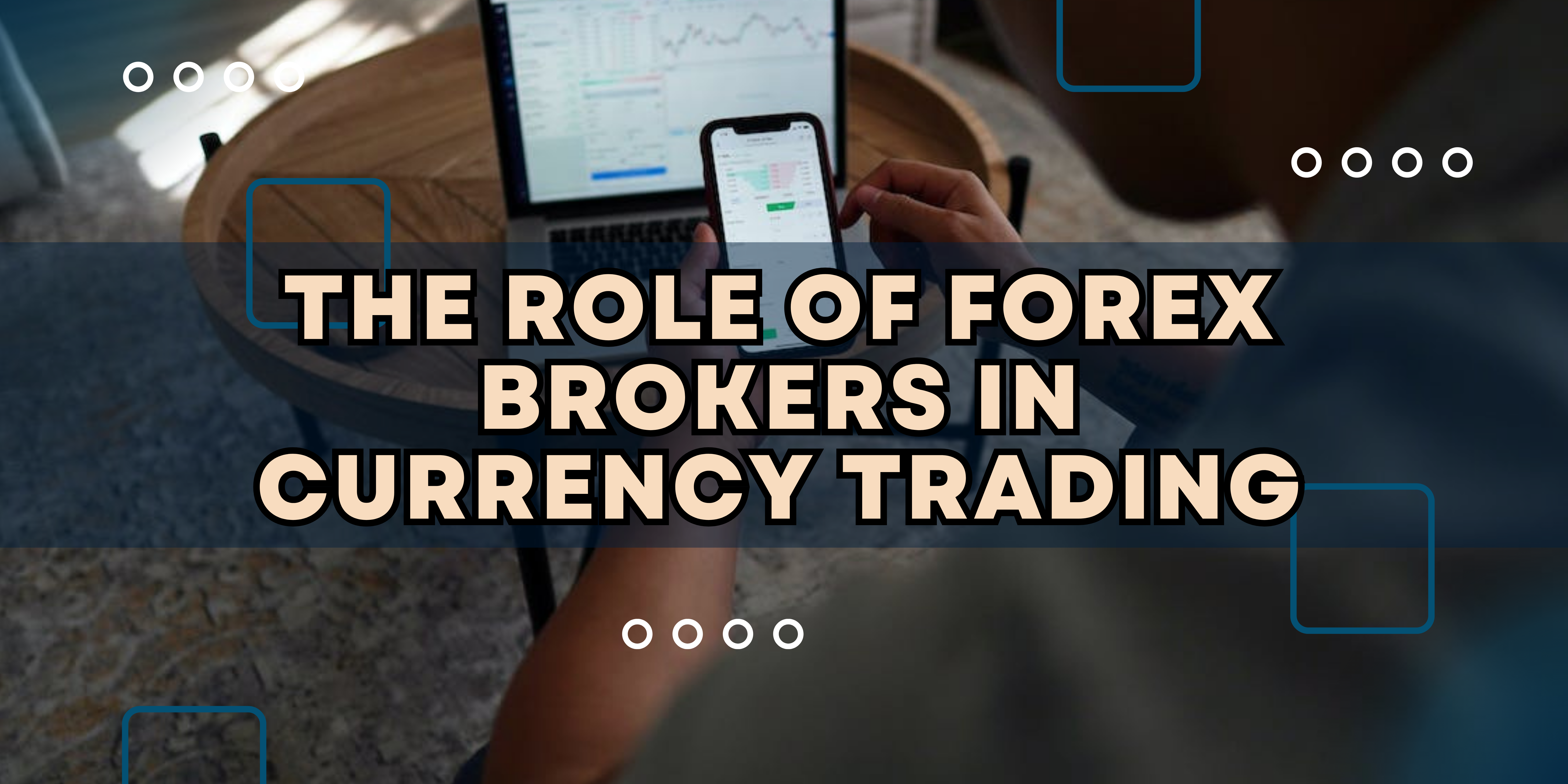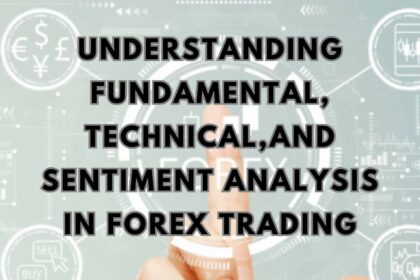Forex brokers play a pivotal role in facilitating currency trading in the foreign exchange (Forex) market. The Forex market is the largest and most liquid financial market in the world, where currencies are traded 24 hours a day, five days a week. Here’s a breakdown of the role of Forex brokers in currency trading:
- Market Access: Forex brokers provide traders with access to the Forex market. This market is decentralized, meaning there is no central exchange. Brokers act as intermediaries, connecting traders to the interbank market where currencies are bought and sold.
- Trading Platforms: Forex brokers offer trading platforms that allow traders to execute trades. These platforms come in various forms, including desktop applications, web-based platforms, and mobile apps. They provide real-time price quotes, charts, and various tools for technical and fundamental analysis.
- Account Types: Brokers typically offer various types of trading accounts, including standard, mini, and micro accounts, to cater to different trading styles and capital levels. Traders can choose an account type that suits their needs and risk tolerance.
- Leverage: Forex brokers often provide leverage, allowing traders to control larger positions with a relatively small amount of capital. While leverage can amplify profits, it also increases the potential for significant losses, and traders should use it with caution.
- Currency Pairs: Brokers offer a wide range of currency pairs for trading. These pairs are categorized into major, minor, and exotic pairs. Traders can choose from a variety of combinations, depending on their strategies and preferences.
- Market Analysis and Research: Many brokers provide market analysis, research, and educational resources to help traders make informed decisions. This includes daily market updates, economic calendars, and access to trading signals.
- Order Execution: Forex brokers execute traders’ orders in the market. They can offer various order types, including market orders, limit orders, stop orders, and more. Efficient and reliable order execution is crucial for traders to enter and exit positions at the desired prices.
- Risk Management: Forex brokers often provide risk management tools, such as stop-loss and take-profit orders, which help traders control their risk exposure and protect their investments.
- Customer Support: Brokers offer customer support to assist traders with account-related issues, technical problems, and trading inquiries. This support may be available 24/5 or even 24/7.
- Regulations: Depending on their location, brokers may be subject to regulatory oversight by government authorities or financial watchdogs. Regulation helps protect traders by ensuring that brokers follow established standards and practices.
- Deposits and Withdrawals: Forex brokers facilitate deposits and withdrawals, allowing traders to fund their accounts and access their profits. They offer various payment methods, including bank transfers, credit/debit cards, and e-wallets.
- Commissions and Spreads: Brokers make money through spreads (the difference between the bid and ask prices) and, in some cases, through commissions on trades. Traders should consider these costs when choosing a broker.
It’s essential for traders to conduct thorough research and due diligence when selecting a Forex broker. Factors such as regulation, trading conditions, customer service, and the range of available trading instruments should all be considered to ensure a positive trading experience.











